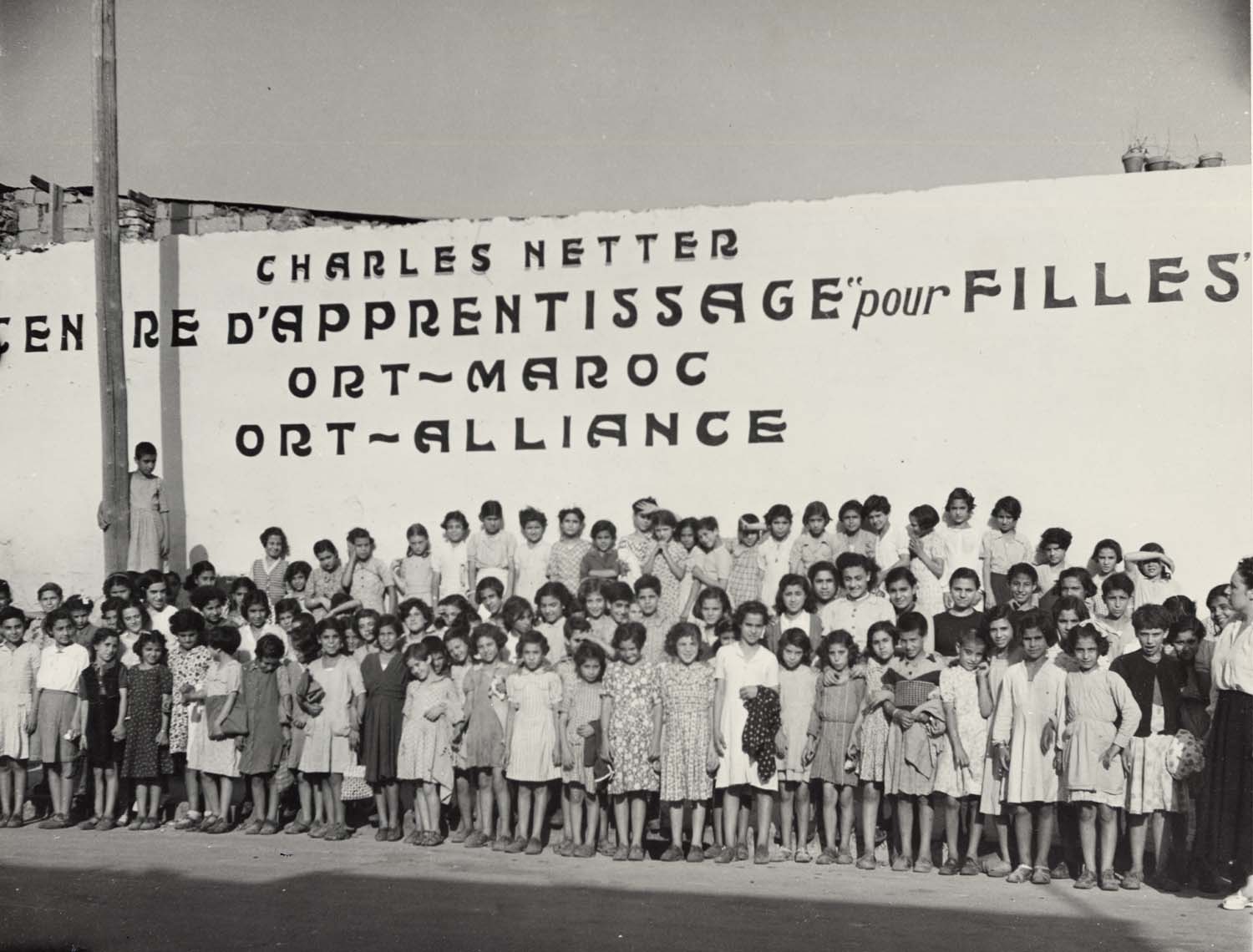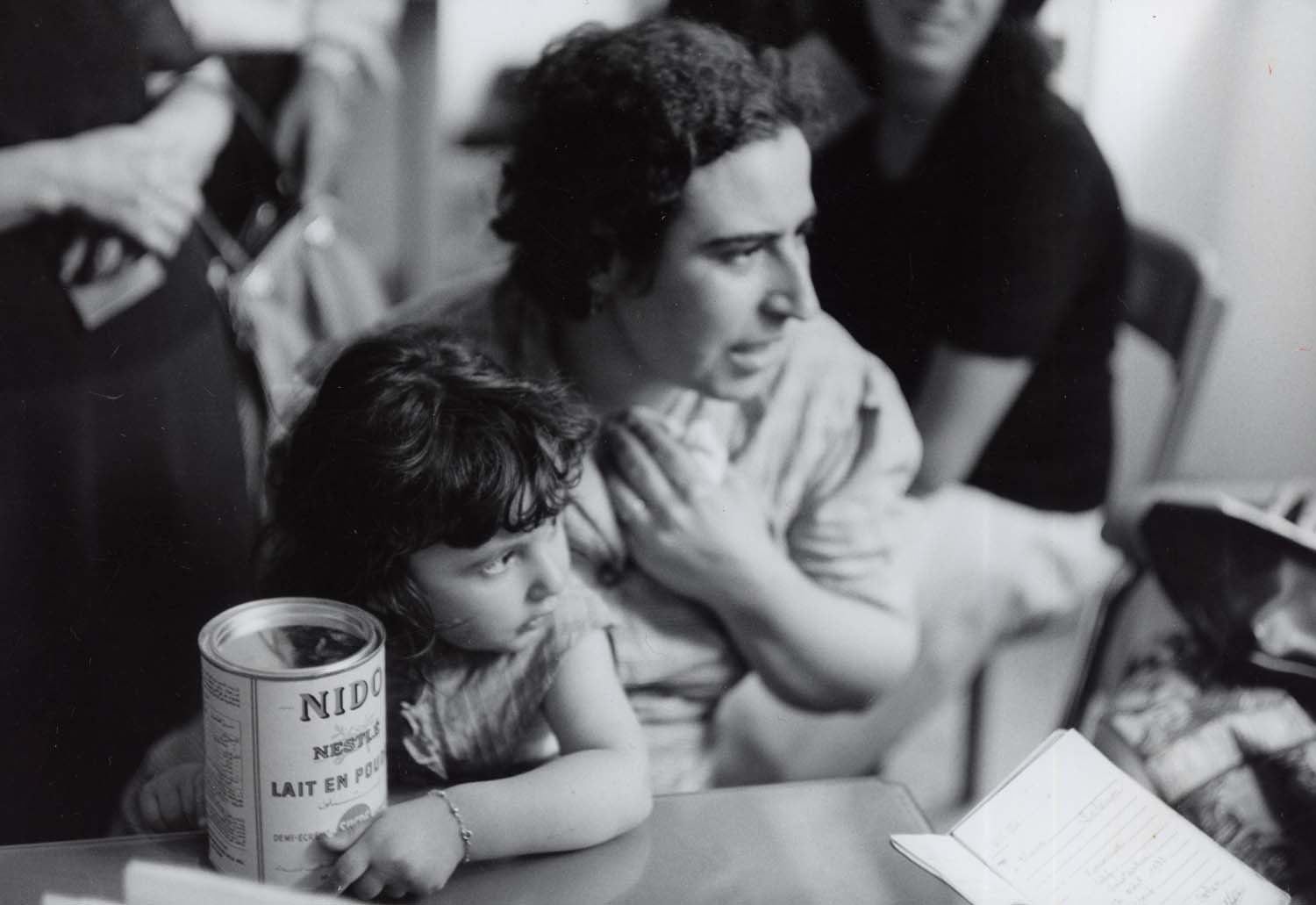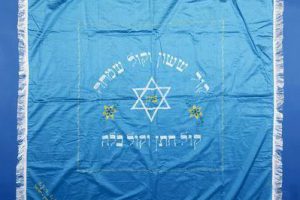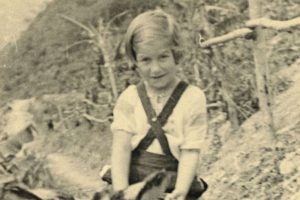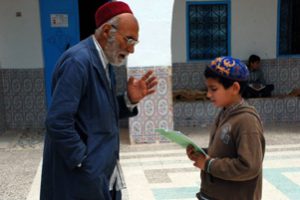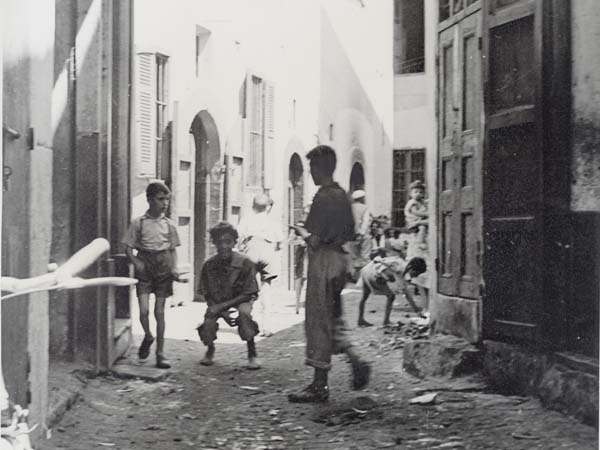
Panel on JDC’s Work in North Africa at 2018 Association for Jewish Studies Conference
Scholars to discuss JDC’s assistance to the Jewish communities of Algeria and Morocco
Acknowledging the growing interest in the records of the Joint’s activities in in North Africa, the JDC Archives is organizing a panel on “The Joint Distribution Committee and the Jewish Communities of North Africa: A Burgeoning Field of New Research” for the conference of the Association of Jewish Studies (AJS), to take place in Boston (December 16-18, 2018).
JDC’s work in North Africa began in the 1930s following Hitler’s rise to power and the arrival on the shores of North Africa of Jewish refugees escaping Nazi Europe to whom it provided assistance via local committees. In the postwar period, JDC became increasingly involved in helping local destitute Jews by setting up an extensive assistance program, which focused on the needs of children, in countries such as Morocco, Tunisia, Libya, and Algeria. JDC sponsored extensive programs in the region in the fields of nutrition, medicine, and education. The Jewish population of North Africa at the time was largely poor and suffered from malnourishment and extremely high rates of childhood diseases and infant mortality. JDC worked, frequently in cooperation with the health organization Oeuvre de Secours aux Enfants (OSE), to provide health services including treatment for trachoma, ringworm, and tuberculosis. In the field of nutrition, JDC sponsored milk stations and feeding programs. JDC also funded the expansion of the Jewish educational systems of the Alliance Israélite Universelle, Ozar Hatorah, Lubavitch, and ORT, and made efforts to ensure professional standards in local educational institutions. Throughout the period, Jewish life in North Africa was affected by geo-political events related to Israel and the decolonization process. Emigration occurred as a result of each new development in this area, and JDC assistance continued for those who remained.
The papers to be presented at the AJS panel are part of a new stream of research that has begun to examine the multi-faceted work of JDC in North Africa. Susan Gilson Miller of the University of California, Davis, will investigate how during World War II, with the assistance of international organizations such as the Joint, the Moroccan Jewish community was able to respond to the challenges it faced such as the mass arrival of Jewish refugees from Europe, deteriorating economic conditions, and prejudicial race laws. Jessica Hammerman of Central Oregon Community College will discuss the role of JDC in colonial Algeria on the eve of independence after the local community leaders had departed. Isabelle Rohr of the JDC Archives will examine challenges faced by the refugees, relief workers and the local community in Tangier during the war and the JDC’s efforts to respond to them. Jane Gerber of the City University of New York will serve as the panel’s respondent; Linda Levi, Director of JDC Global Archives, will chair.
